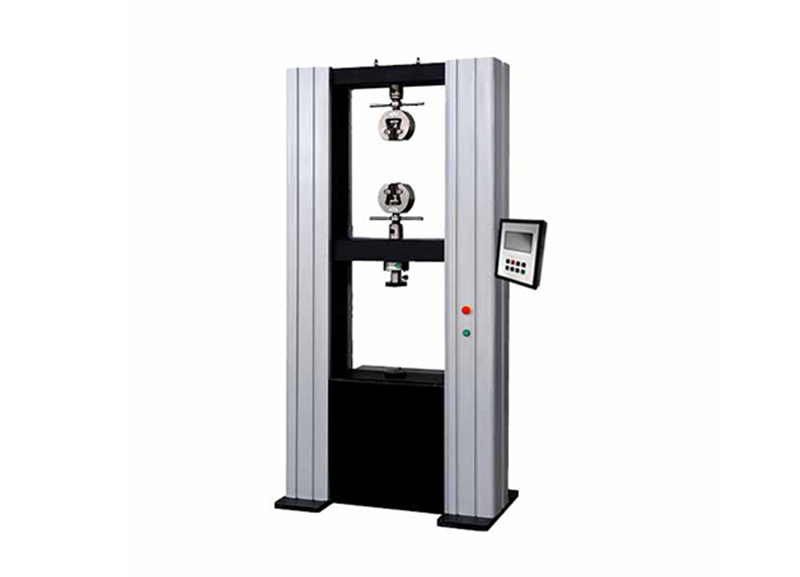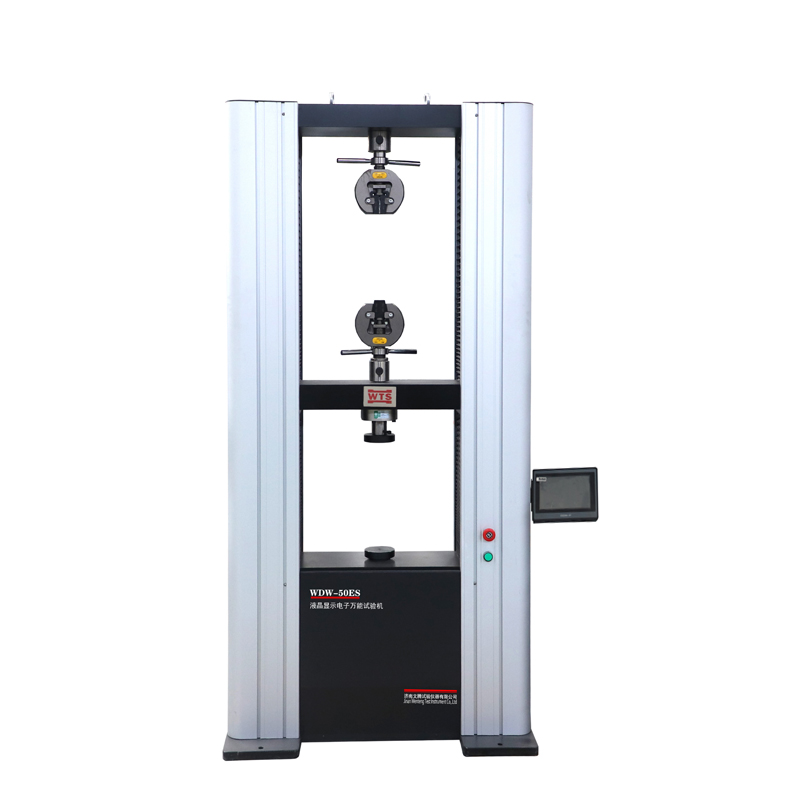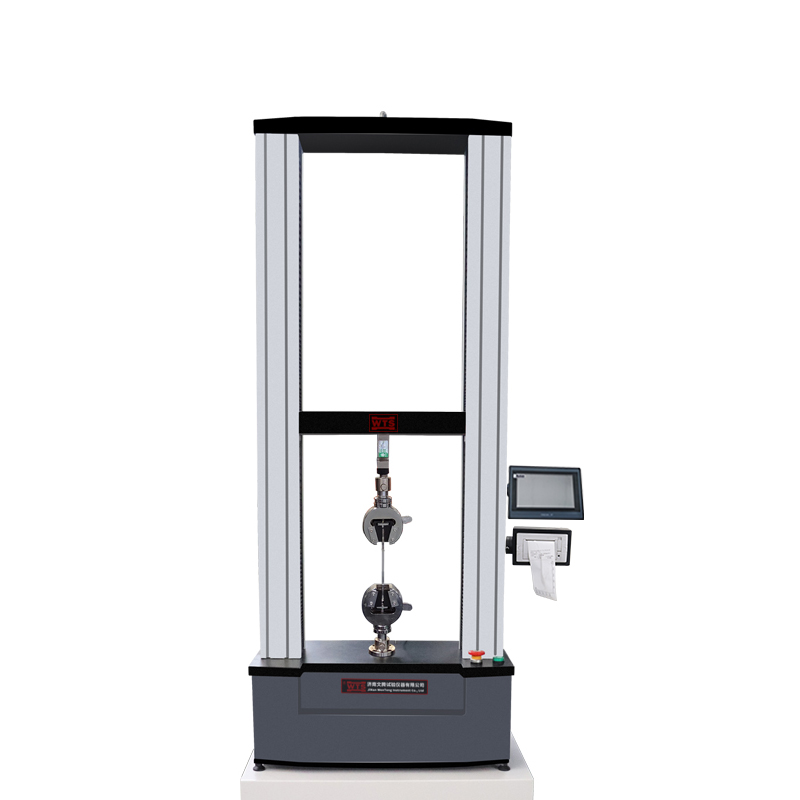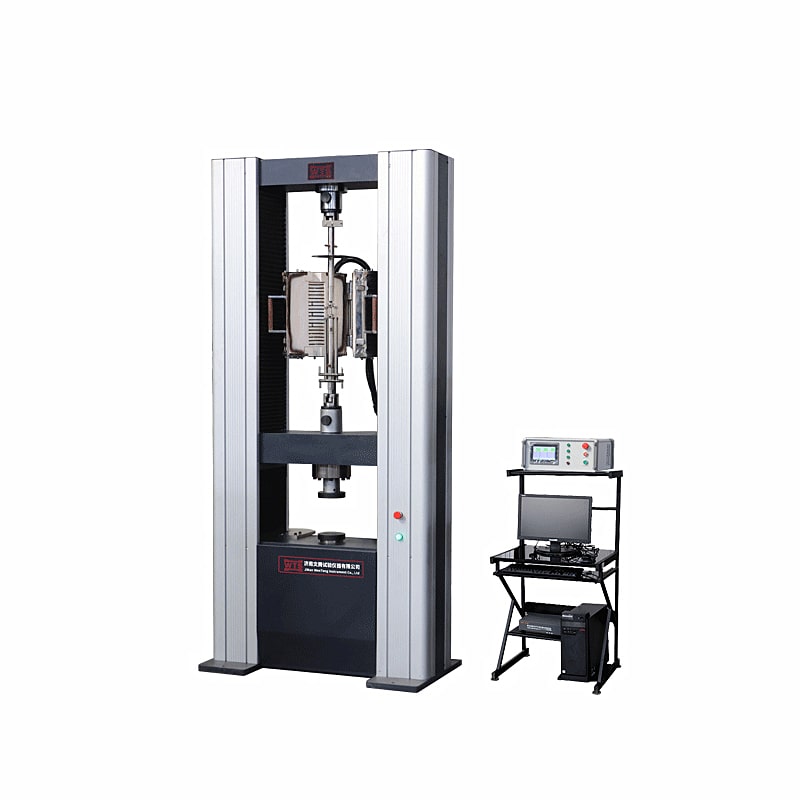Choosing the right universal testing machine is a long-term investment. A balance between price, performance, and reliability defines the real value of the machine. This article provides a practical guide to identifying the best-value UTM while managing cost effectively. Define Testing Requirements Before comparing prices, determine what materials and standards…
Universal Testing Machine Price The price of a Universal Testing Machine (UTM) is one of the most important considerations for laboratories, manufacturers, and educational institutions. Understanding what influences cost helps buyers choose a reliable machine without overpaying. UTM prices vary widely depending on capacity, technology, brand, and included accessories. This…
Las máquinas universal se han convertido en un pilar fundamental en los laboratorios de ingeniería, control de calidad e investigación de materiales. Desde la industria metalúrgica hasta los polímeros, las máquinas universales de ensayo permiten conocer las propiedades mecánicas de prácticamente cualquier material. En esta guía completa de 2025, exploraremos…
In today’s fast-paced industrial environment, precision testing equipment plays a vital role in ensuring product quality, safety, and innovation. Among all testing devices, the best universal testing machine stands out as an essential tool for laboratories, manufacturers, and research centers worldwide. This article provides an in-depth guide to the best…
La máquina universal de pruebas mecánicas es uno de los equipos más importantes en laboratorios de control de calidad, investigación de materiales y procesos industriales. Este dispositivo permite realizar diferentes ensayos de resistencia y comportamiento mecánico de materiales, desde metales y plásticos hasta compuestos avanzados y tejidos. En la industria…
In today’s fast-paced industrial world, the need for reliable material testing solutions is greater than ever. From aerospace to automotive, from construction to energy, engineers and manufacturers must ensure that every material used in production meets strict standards of safety, performance, and durability. One of the most critical tests in…
A Universal Testing Machine (UTM) is a versatile instrument used to evaluate the mechanical properties of materials—tensile strength, compression, bending, shear, hardness, fatigue, and more. UTMs are essential tools in industries ranging from aerospace to plastics to biomedical devices. As of 2025, a number of trends are shaping how UTMs…
When we hear the word Universal Tensile Machine, it may sound like something that only belongs in a laboratory or a factory. In reality, this machine plays a quiet but powerful role in shaping the world around us. From the steel in a skyscraper, the plastic in your smartphone case,…
Introduction: What is ASTM D638? ASTM D638 is the standard test method for measuring the tensile properties of plastics. Tensile tests are vital for evaluating the mechanical performance of plastic materials under stress, helping manufacturers and engineers ensure that their plastic products meet necessary safety and durability standards. This testing…
When it comes to tensile testing of metals, the most widely recognized international standard is ASTM E8 / E8M. This method defines the procedure for tension testing of metallic materials using a Universal Testing Machine (UTM). The ASTM E8 tensile test is critical for determining the mechanical properties of metals…














